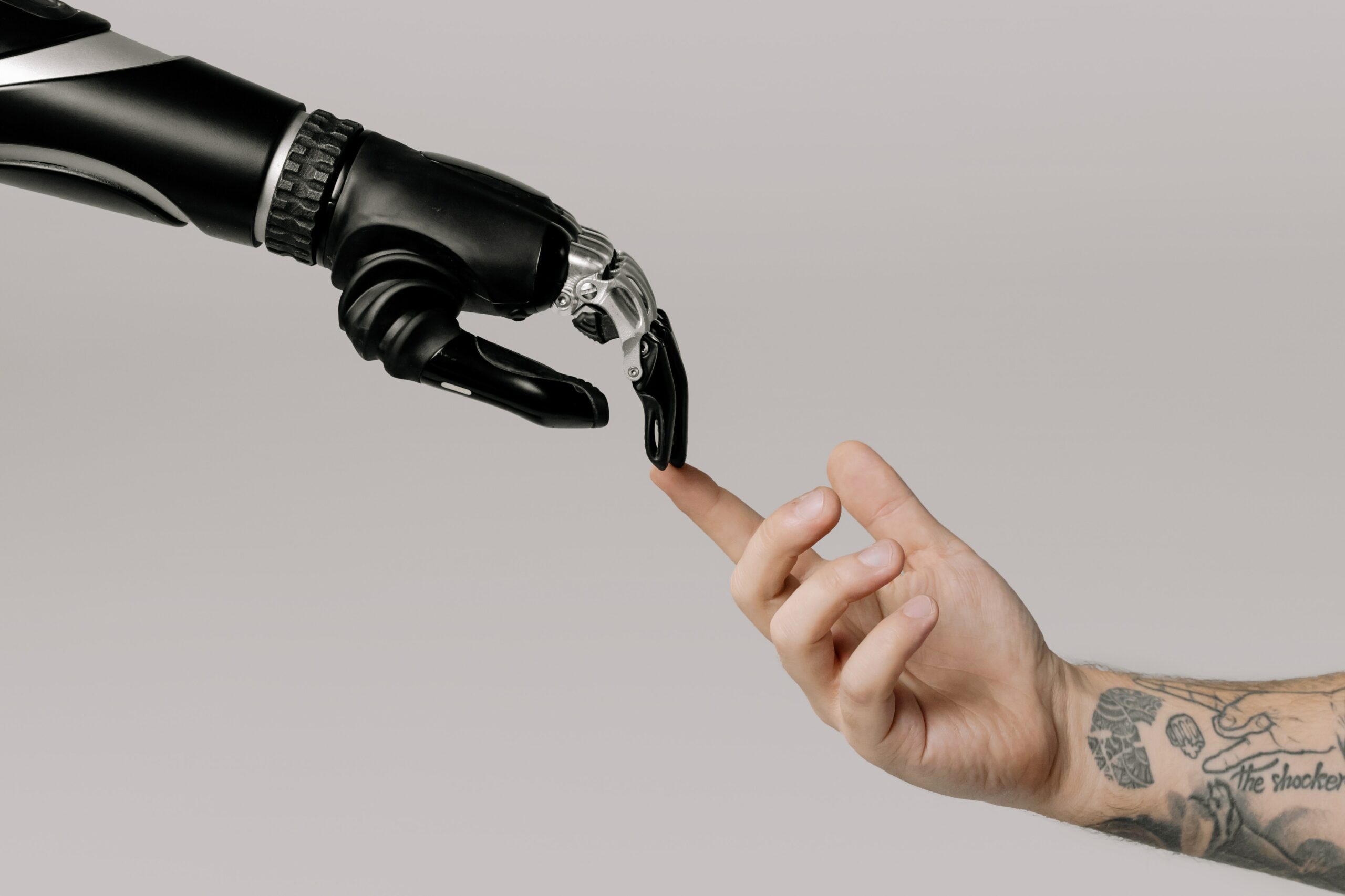
Earlier this month, ChatGPT users reported that the chatbot and its host, OpenAI, were down due to a bug that caused chat histories and email addresses to be made publicly available to other users. This disturbance in chatbot service and potential privacy leaks beg the question, how useful (or risky) is artificial intelligence (AI) to contemporary businesses? And should brands utilize AI-generated content?
All the Possibilities
Though AI chatbots have been around for years, ChatGPT took the internet by storm at the end of 2022. Users raved about its readability, and the novelty of a bot able to generate such smooth content so quickly has continued to impress.
The practical applications of chatbots seem endless: they can write code, create tables and reports, and write in many different short- and long-form styles (poems, paragraphs, essays, you name it and AI can probably do it). Research suggests that at least some portion of the average employee’s tasks can be supplemented with AI. However, there are significant barriers to AI chatbots completely removing tasks like content generation from your communications team’s plate.
Artificial Facts
Chatbots like ChatGPT are not reliable sources of information, as they are unable to conduct live research and will instead fabricate verifiably false claims when unable to find the correct answer in their existing knowledge base. Even in platforms with access to the internet, like those created by Microsoft and Google, biases are inherent to technologies built by even the most well-intentioned of humans. In a business context, the chatbot tendency to fib or misrepresent information requires, at a minimum, a set of human eyes (and a human brain) to check all copy for accuracy.
SEO Spam
Even after fact-checking, search engines can negatively rate sites publishing verbatim AI-generated text, considering it spam. Google has stated that AI-generated content goes against their guidelines, but it is also becoming increasingly difficult for search engines to tell the difference between auto-generated and man-made text.
Is it Yours? Or the Bot’s?
The questionable roles of plagiarism and intellectual property (IP) make the professional use of chatbots all the more complicated. Content generated by chatbots has passed plagiarism checkers, like those utilized in education settings, though many institutions still prohibit AI content. Professional settings outside of education are a bit murkier, so AI tools may be best suited for idea generation and not for making ready-to-go public-facing content because of this.
Safety & Security
The recent OpenAI outage centers safety concerns in this conversation, too. To be clear: artificial intelligences cannot outsmart humans, or even fully replace humans in the workforce. Businesses’ primary concerns with AI should include general internet safety threats, such as the vulnerability of company data and information on a platform that is itself subject to bugs and malware. It is important to recognize that AI is not neutral, it reflects the values and limitations of the people that develop it, and just like every other digital platform, AI sites are not flawlessly secure.
AI is not a passing fad, so stay informed about its shortfalls and have fun exploring ways it can best help you and improve your team’s efficiency.
Image courtesy of cottonbro studio via Pexels.
